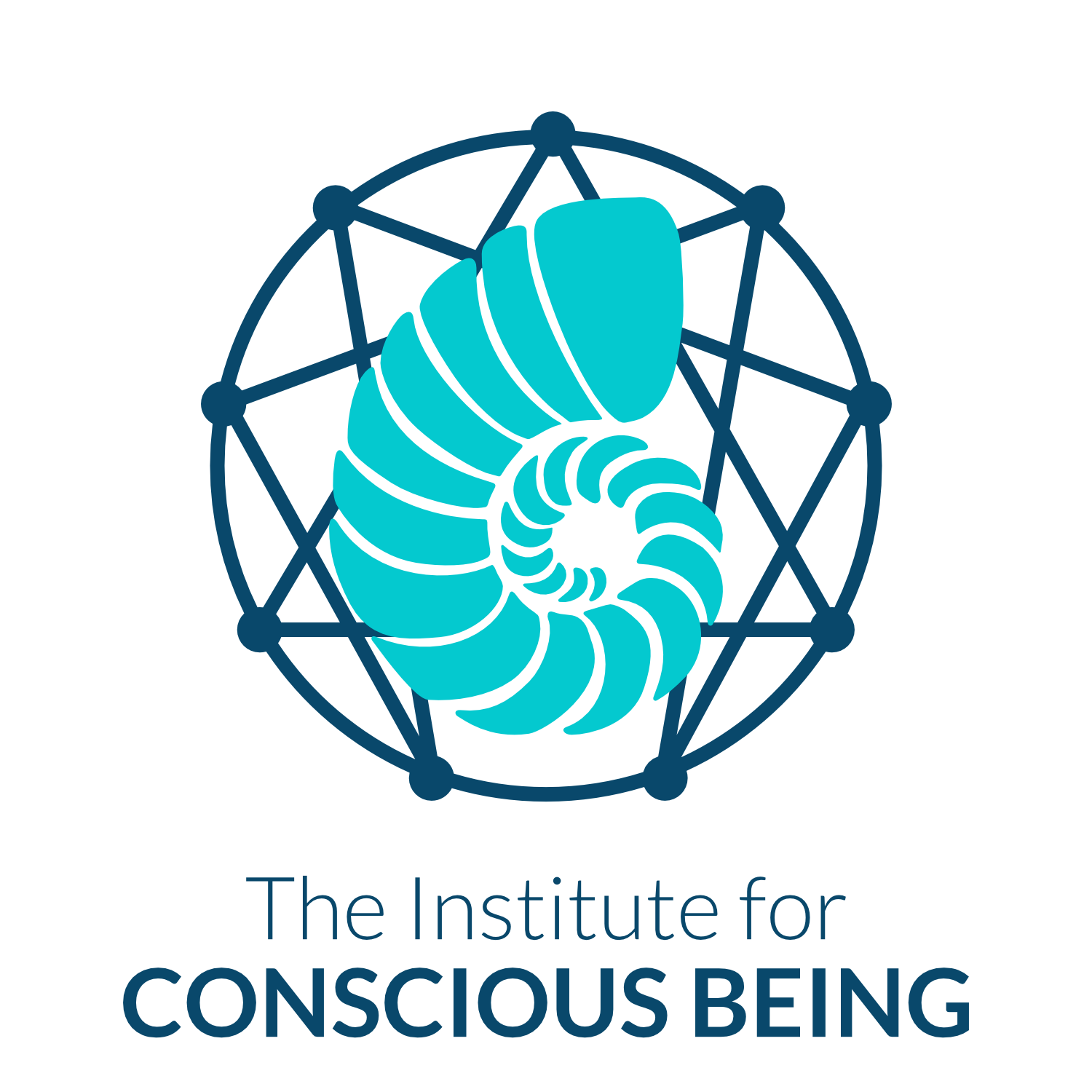Psychology and Spirituality Part 3
November 10, 2024
Psychology and Spirituality Part 3
To enter the academic discipline of Psychology, one does not need to study spirituality or adhere to any spiritual path. I know excellent psychologists and other mental health professionals who are agnostic as well as atheistic and who do not require spirituality to conduct research, teach, or treat patients. The textbooks for psychology are not based on spiritual discernment or spiritual principles but on applications of the scientific method in studying the mind, emotions, and behavior.
One area of psychology is “The Psychology of Religion,” which studies why and how people as individuals and collectives come to be religious and how that affects their minds, emotions, behavior, and those with whom they relate. But that area of study is also scientifically based. Psychological tests and other measurements are used to define the effect of religious beliefs on the subjects (people) studied. The psychology of religion is not the study of spirituality.
If the soul is our primary identity, we must delve into what composes it. When we apply scientific rigor and critical analysis to studying the spirit, we have an entirely new discipline: Soulology. Instead of focusing on our personalities, soulology concentrates on understanding our soulality, our soul. This discipline must answer the following: What kinds of souls are there? What are the components of any given soul? What are the levels of development of the soul? What is the soul’s level of consciousness? How do we develop the soul? What is a soul’s purpose, and how do we determine it? There are infinitely more questions. How does the soul affect our worldview and our psychology?
I imagine that one day we will have methods to study the soul. We are hovering on a brink right now. But we cannot go further because we do not have the tools to measure it. But that doesn’t mean we will not eventually have those tools. The soul is our most important identity, and because of that, I envision a time when in Enneagram studies, instead of speaking about our ego types, we speak more about our soul types and their relationships to our egos. Wouldn’t you rather be known for the soul you are than only for the ego you are?
Spiritual practice: Contemplate the questions: Do I think from my mind only, or does my soul direct my thinking? Do I have a combination of both types of thinking? If so, what subjects and times my soul directs my thinking processes? Journal your contemplations.
Self-inquiry: What difference does it make in your self-perception if you believe in a Creator?
Dear God,
I come unto you with a heart of thanksgiving for the spirit and flesh you created. Please show me how to live in the union of these two. Amen


